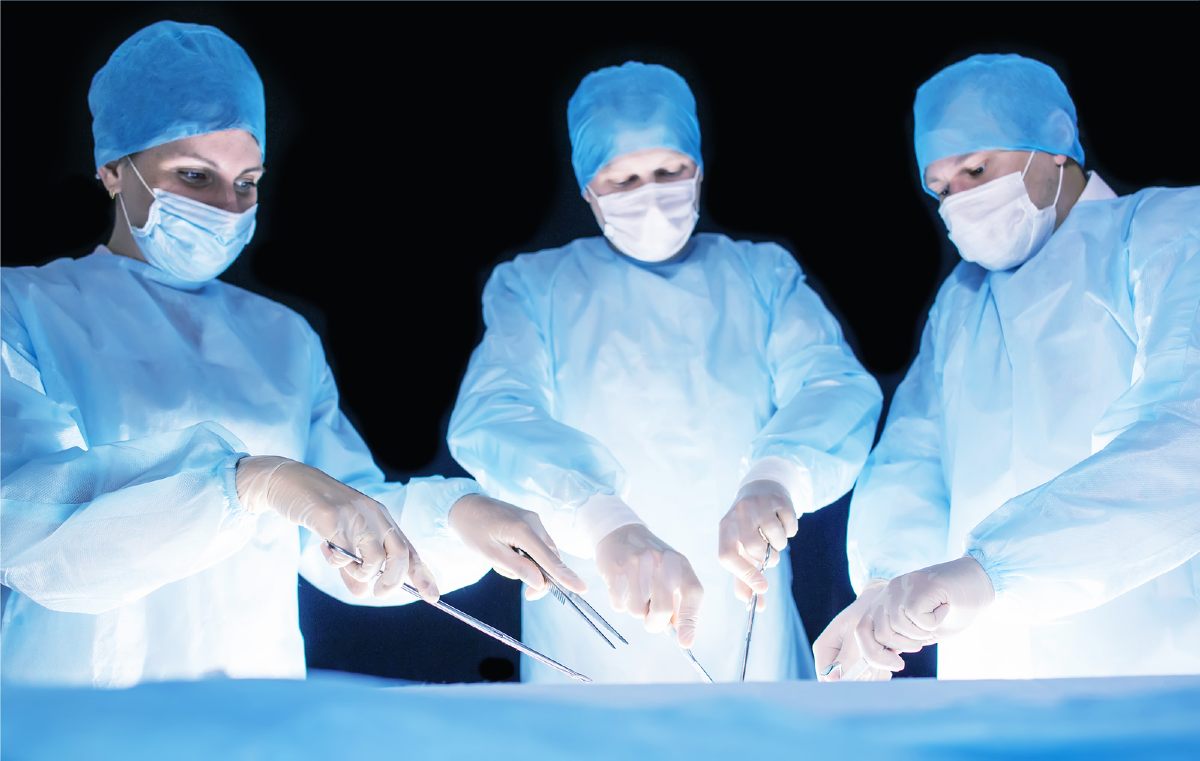
Is China still harvesting organs from prisoners?
If not, where do the organ donors come from?
In many ways China’s response to the coronavirus epidemic has been impressive. According to Science, hospitals overflowing with patients a few weeks ago now have empty beds. “China has rolled out perhaps the most ambitious, agile, and aggressive disease containment effort in history,” a World Health Organization report says.
A moving article in the Wall Street Journal relates stories of heroic doctors who are almost literally working themselves to death to care for their patients.
However, the crisis may have also opened a crack revealing a dark side to Chinese medicine.
The government’s newspaper Global Times recently reported that “a Chinese medical team successfully carried out the world's first double-lung transplant” for a coronavirus patient.
“The patient, 59, was confirmed to be infected with the coronavirus on January 26. After endotracheal intubation, ECMO (extra-corporeal membrane oxygenation) treatment and pharmacotherapy, the patient repeatedly tested negative, but his lung functions were severely impaired and suffered irreversible damage. The transplanted lungs were donated by a non-local patient after brain death and transported to Wuxi by high-speed railway in seven hours.”
But how, critics of the government have asked, were doctors able to find a brain-dead donor so quickly? “Whilst around the world waiting times for a single lung from a suitable donor could be years, China has shown this week that it need only be days, for two perfectly matched lungs to be rustled up,” says Ruth Ingram in Bitter Winter, a news service about religious persecution in China.
An extensive report on forced organ harvesting in China was released last week in London which claimed that organs can be sourced quickly because they may be taken from donors held for religious reasons and executed on demand. “Misgivings as to the origin and provenance of the organs are perfectly illustrated by the five-hour procedure on the coronavirus procedure carried out at breakneck speed from diagnosis to surgical intervention,” says Ingram.
The evidence in the report, written by the Independent Tribunal into Forced Organ Harvesting from Prisoners of Conscience in China, is not incontrovertible, but the accumulation of allegations is disturbing. “We take these allegations seriously; evidence presented at the tribunal raised disturbing details of the treatment of Falun Gong practitioners, and highlighted the lack of transparency in the Chinese organ transplant system,” says the UK Minister of State for the Commonwealth and the United Nations, Tariq Mahmood Ahmad.
As Ingram notes: “Serious questions, not adulation, should be asked about future operating room heroics, particularly when they involve further double lung transplants at short notice.”
Michael Cook is the editor of BioEdge
Creative commons
https://www.bioedge.org/images/2008images/FB_Three-Surgeons-A-Man-And-A-Wo-305715757_(1).jpg
china
coronovirus
transplant ethics
- How long can you put off seeing the doctor because of lockdowns? - December 3, 2021
- House of Lords debates assisted suicide—again - October 28, 2021
- Spanish government tries to restrict conscientious objection - October 28, 2021
